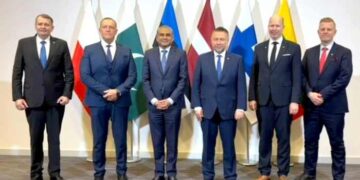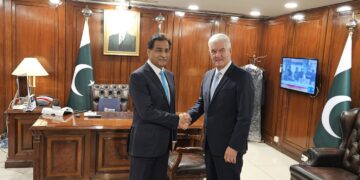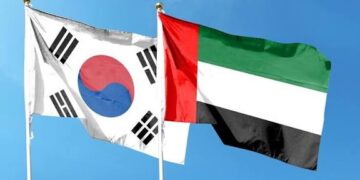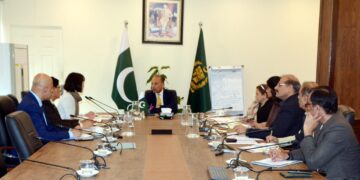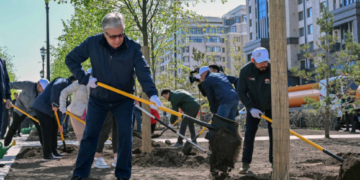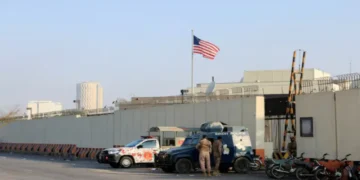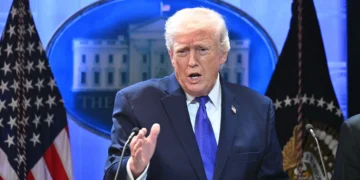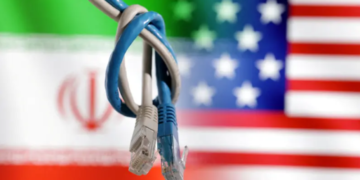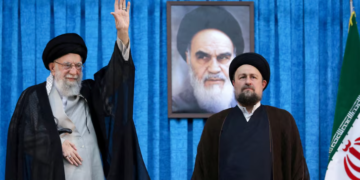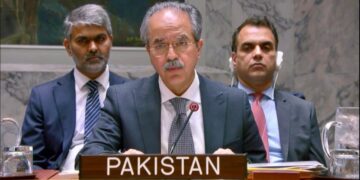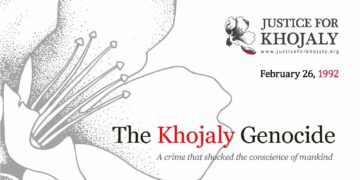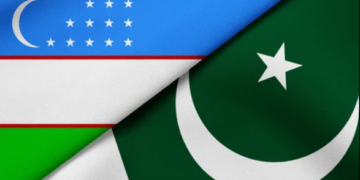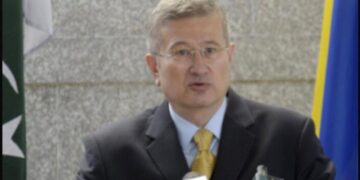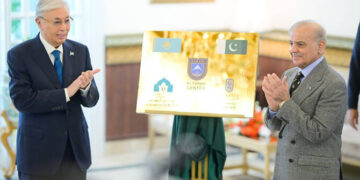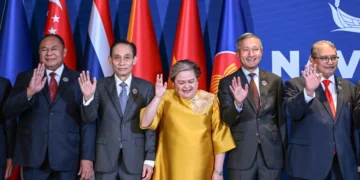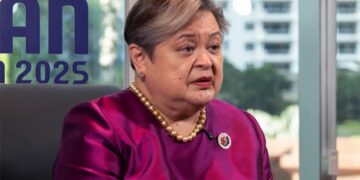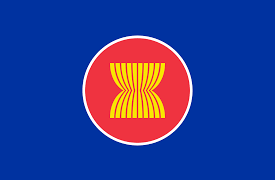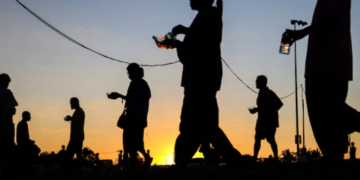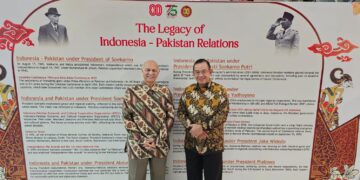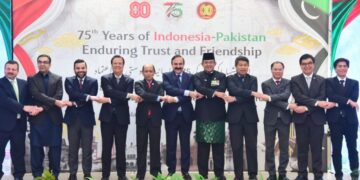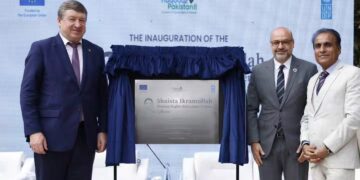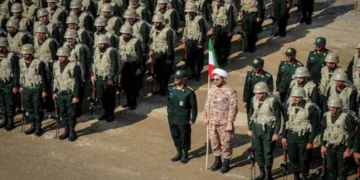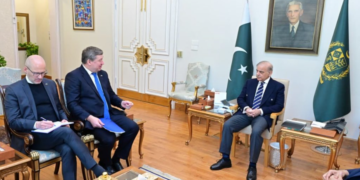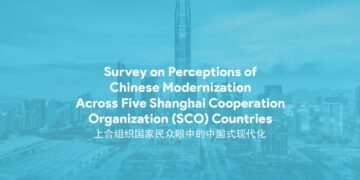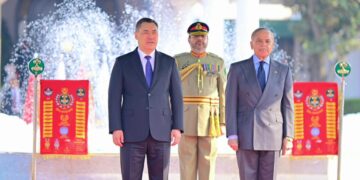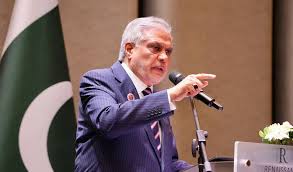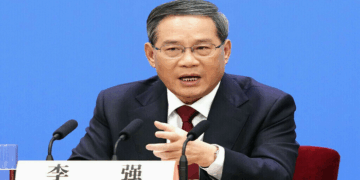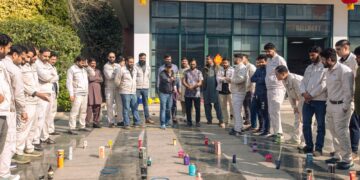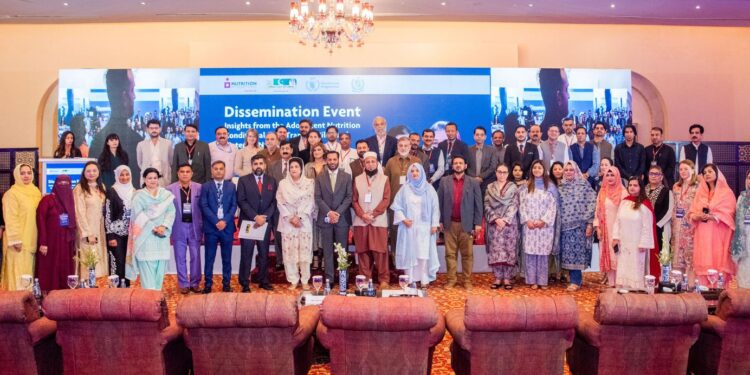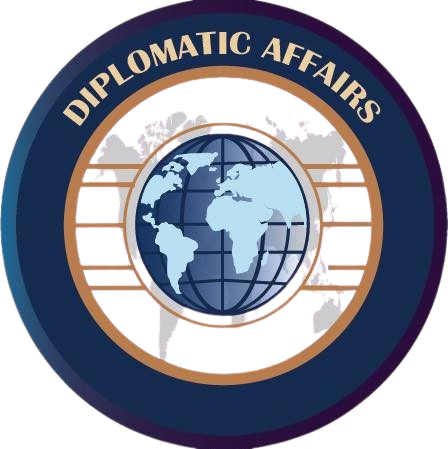Web Desk: The Benazir Income Support Programme (BISP) in partnership with Nutrition International has successfully completed a pilot project titled “Effectiveness of Adolescent Nutrition Conditional Cash Transfer”, designed to combat anaemia among adolescent girls aged 13 to 19 years.
Launched in 2023 and running through 2025, the initiative has already reached more than 100,000 girls across six districts. It combines Weekly Iron Folic Acid Supplementation (WIFAS) with nutrition education and quarterly conditional cash transfers (CCTs) to parents. The project achieved remarkable outcomes, with 99% of adolescent girls receiving iron tablets and over 90% regularly consuming them. This has led to measurable health improvements, including a 34% reduction in mild to moderate anaemia in intervention areas.
The programme also succeeded in raising awareness. Participation in nutrition education sessions rose sharply—from 60% to 92% among girls and from 37% to 69% among mothers. Similarly, the number of girls who could identify symptoms of anaemia increased from 36% to 73%, while those able to name iron-rich foods rose from 15% to 59%.
At a dissemination event jointly organized by BISP and Nutrition International, partners shared key achievements, lessons learned, and discussed the potential for scaling the project nationwide. Federal Health Minister Syed Mustafa Kamal stressed the importance of prevention in healthcare, stating: “By addressing malnutrition, particularly adolescent nutrition, and creating an environment that supports healthier choices, we can ensure healthier mothers, thriving children, and a stronger, more resilient nation.”
Adolescence, he noted, is a critical but often overlooked stage in Pakistan’s health and nutrition policies. According to the 2018 National Nutrition Survey, more than half of adolescent girls (54.7%) suffer from anaemia, which hampers cognitive development, academic performance, and future work capacity.
The project was implemented in close collaboration with the World Food Programme (WFP) across Sindh, Punjab, Balochistan, Khyber Pakhtunkhwa, Gilgit-Baltistan, and Azad Jammu & Kashmir. Using the Benazir Nashonuma Programme’s (BNP) network of facilitation centres in public hospitals, the initiative specifically targeted daughters of BNP beneficiaries, especially out-of-school girls. Parents received cash transfers on the condition that their daughters consistently consumed iron supplements and attended nutrition education sessions.
With its success, the pilot marks an important step toward embedding nutrition into Pakistan’s social protection system. BISP, Nutrition International, and development partners expressed their commitment to expanding the model nationwide to strengthen adolescent health and reduce anaemia on a larger scale.


